Hempy McNoodle
Well-known member
I started seeing 'chemtrail' clouds for the first time in 1989...

I started seeing 'chemtrail' clouds for the first time in 1989...


Incase you missed it...
It's the climate, stupid!
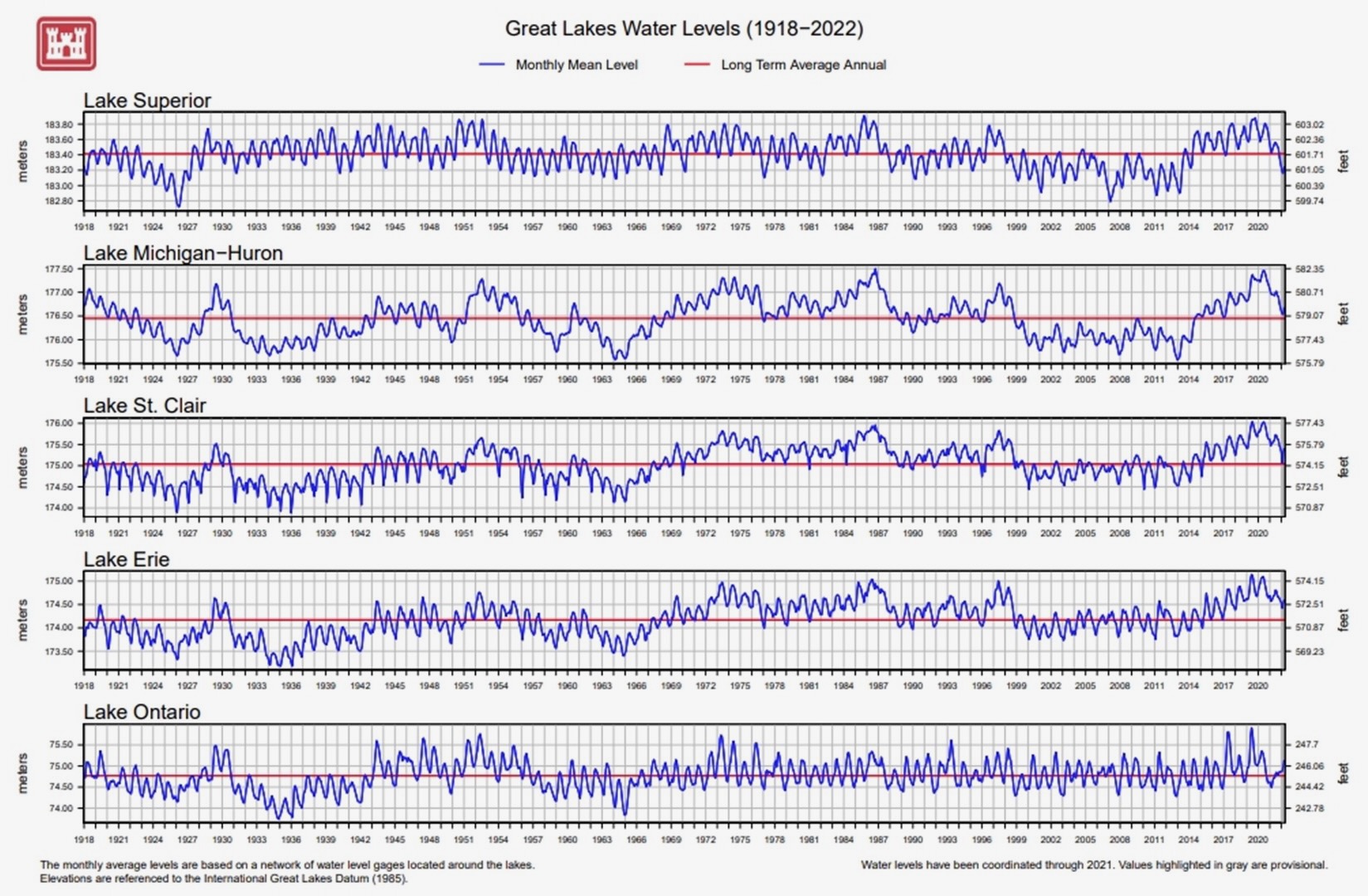
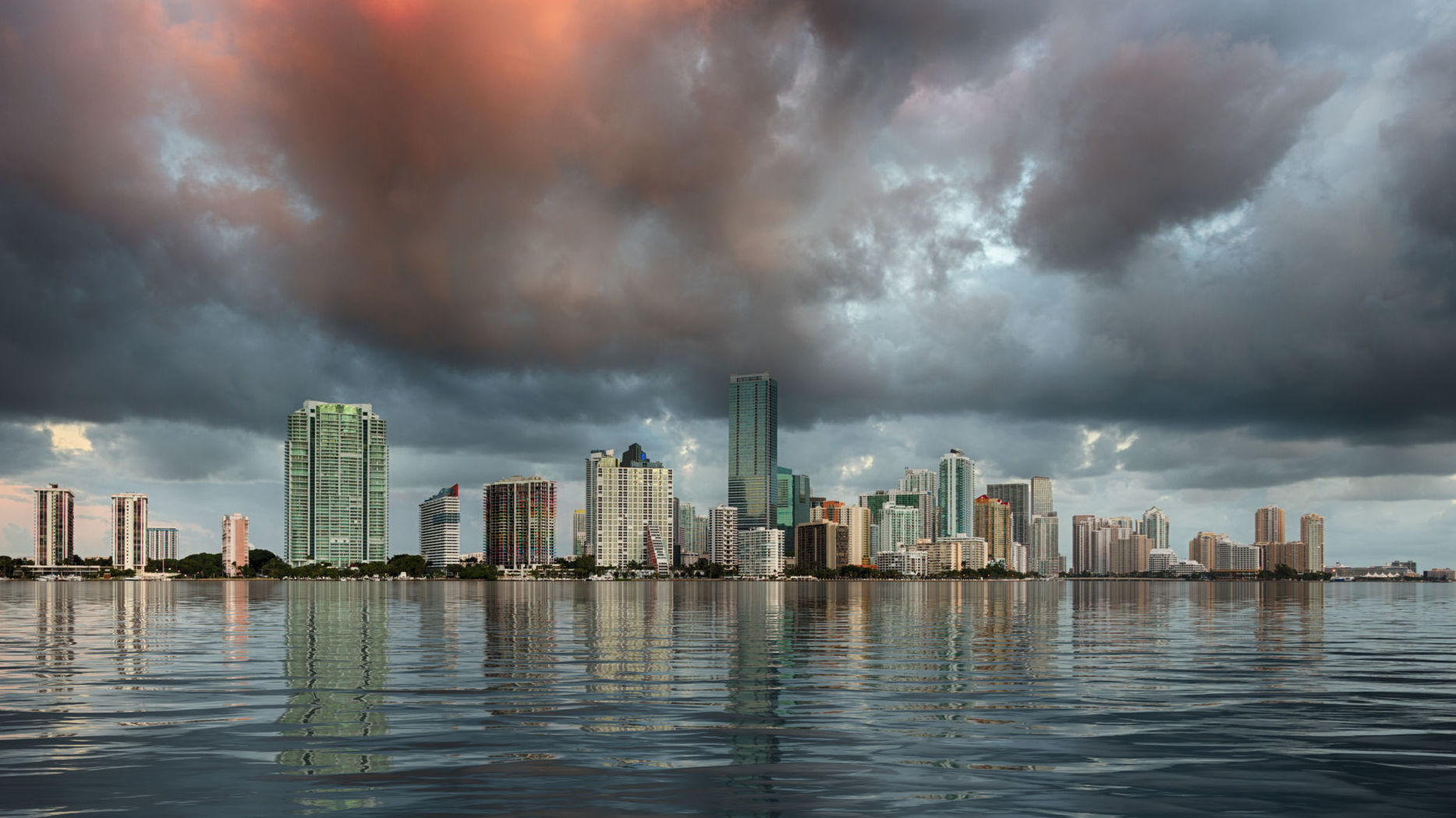
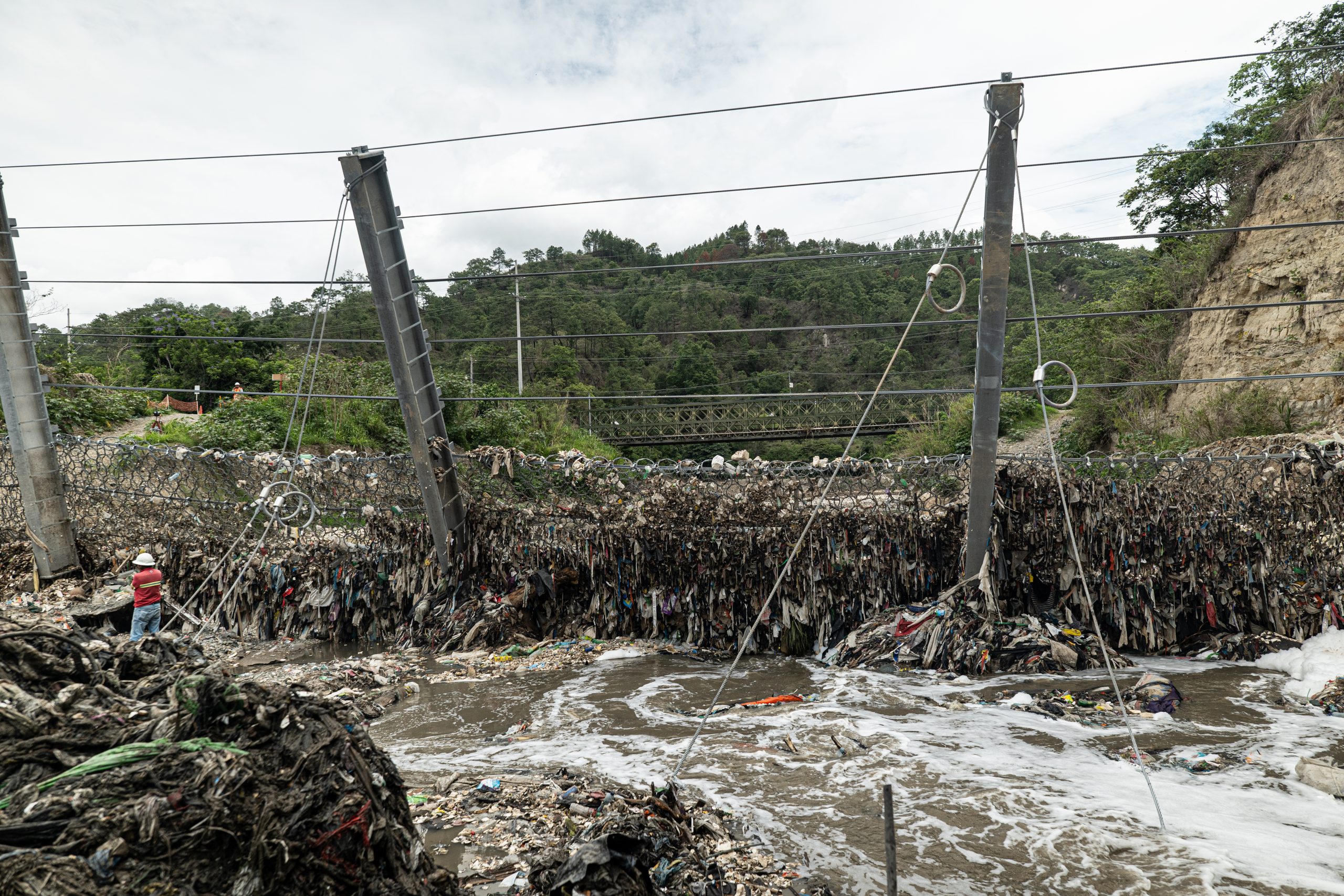

The Ocean Cleanup Trials New Interceptor in World's Most Polluting River | Updates | The Ocean Cleanup
The Ocean Cleanup has begun work on intercepting plastic pollution in what we predict to be the heaviest polluting river in the world.theoceancleanup.com
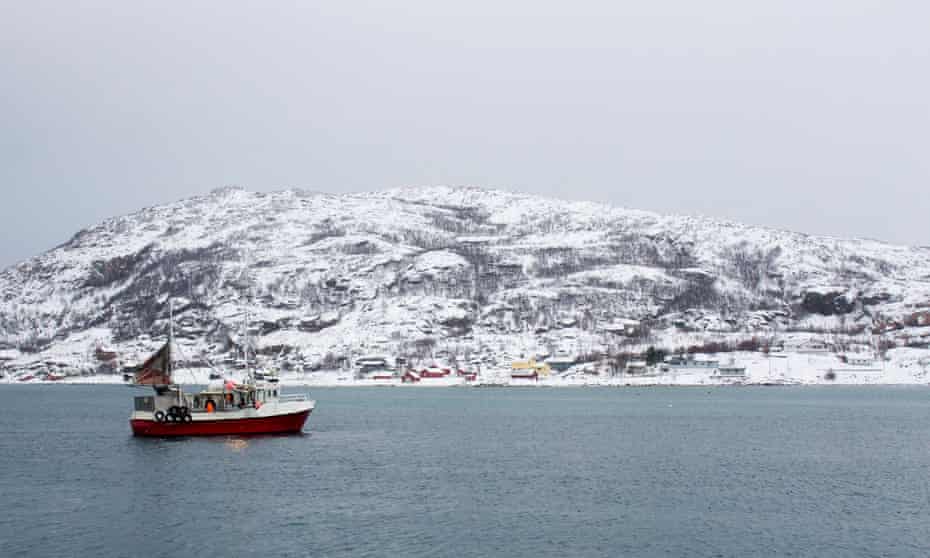
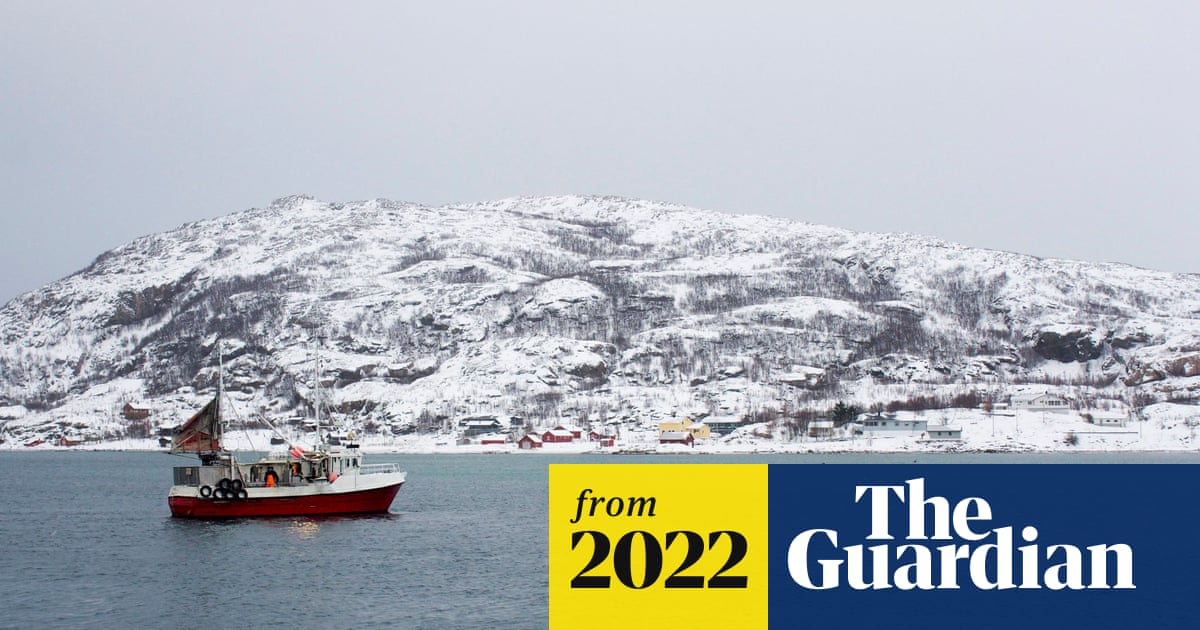
Temperatures in the Barents Sea region are ‘off the scale’ and may affect extreme weather in the US and Europe
Michael Moore's controversial film 'Planet of the Humans'...
Yeah, but if you use renewables to produce that power (wind, solar) then you are at least reducing emissions. I am aware that emissions, and mining are involved in producing solar panels, wind turbines, batteries, cars, etc, hence I say "reducing". The difference overall in a vehicle that is built to run on petrol, or electricity has an overall impact over the life of the vehicle. There's a lot involved in working out that impact.